detail profile catherine malfitano
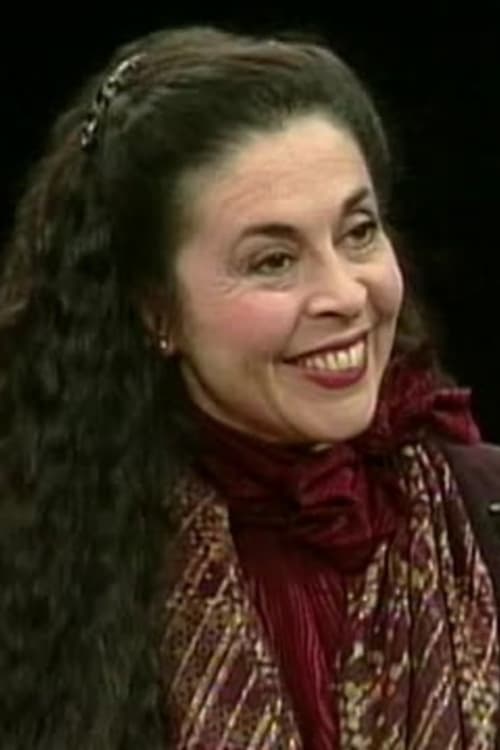
Riwayat Hidup
Catherine Malfitano (born 18 April 1948) is an American operatic soprano and opera director.
Malfitano was born in New York City, the daughter of a ballet dancer mother, Maria Maslova, and a violinist father, Joseph Malfitano.
She attended the High School of Music and Art and studied at the Frank Corsaro Studio and the Manhattan School of Music, graduating in 1971.
Malfitano has championed the music of American composers, including Carlisle Floyd, William Bolcom, Conrad Susa and Thomas Pasatieri.
She has sung over 70 roles throughout her career and continues to add more in her repertoire.
She is currently a member of the voice faculty at Manhattan School of Music.
Info Pribadi
Peran Yang Di Mainkan Catherine Malfitano
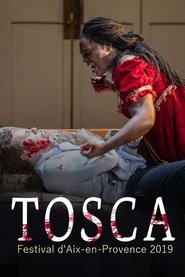 As part of the 2019 AixenProvence Opera...
As part of the 2019 AixenProvence Opera...Tosca by Giacomo Puccini 2019
As part of the 2019 Aix-en-Provence Opera Festival, filmmaker Christophe Honoré delivers an innovative staging of Giacomo Puccini's famous drama. His cleverly staged "opera within the opera" is a melancholy homage to the fascinating figure of the diva, who thrives on art and love and upsets the laws of time and death.
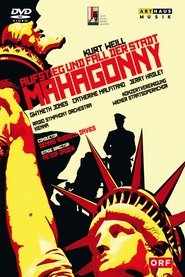 Depicts the consumerism of the mythical...
Depicts the consumerism of the mythical...The Rise and Fall of the City of Mahagonny 1998
Depicts the consumerism of the mythical city of Mahagonny, conveying all its ripe decadence. A Hollywood Babylon full of pyramidal towers, carved elephants, commodified sex and licensed gluttony. An opera in three acts, live from the Salzburger Festspiele, 1998. Conductor: Dennis Russell Davies. Stage Director: Peter Zadek.
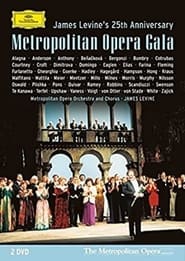 This tribute to James Levine first...
This tribute to James Levine first...Metropolitan Opera Gala James Levine's 25th Anniversary 1996
This tribute to James Levine, first shown on PBS, was only part of that glorious evening. Here we have the whole performance, up to three hours. I could not stop watching these discs. Let me say this much; Levine has done for the Met, making it the premier opera house in the world, what Karajan did with the Berlin, making it one of the finest orchestras ever. So sit back and enjoy.
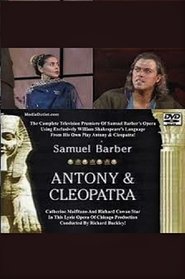 Antony and Cleopatra is an opera...
Antony and Cleopatra is an opera...Antony & Cleopatra - Lyric Opera of Chicago 1991
Antony and Cleopatra is an opera in three acts by American composer Samuel Barber. The libretto was prepared by Franco Zeffirelli. After an unsuccessful premiere, the opera was extensively revised, 9 years later, by Barber and Gian Carlo Menotti.
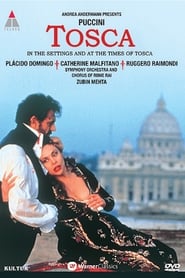 This live version of Puccini s...
This live version of Puccini s...Tosca 1986
This live version of Puccini s superbly dramatic opera was recorded in Rome in the exact locations and at the precise times of day as Puccini had written into his score. The action opens in Rome's beautiful 16th-century church of Sant Andrea della Valle, where Cavaradossi (Plácido Domingo) is innocently painting, moves to the Farnese Palace where Tosca (Catherine Malfitano) dramatically stabs the lustful Scarpia (Ruggero Raimondi), and finally to the battlements of the Castle Sant Angelo at dawn the following day where Cavaradossi is cruelly killed, and Tosca takes her own life.
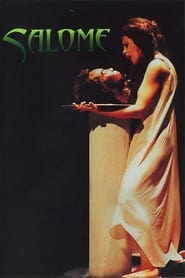 Richard Strauss opera on a Oscar...
Richard Strauss opera on a Oscar...